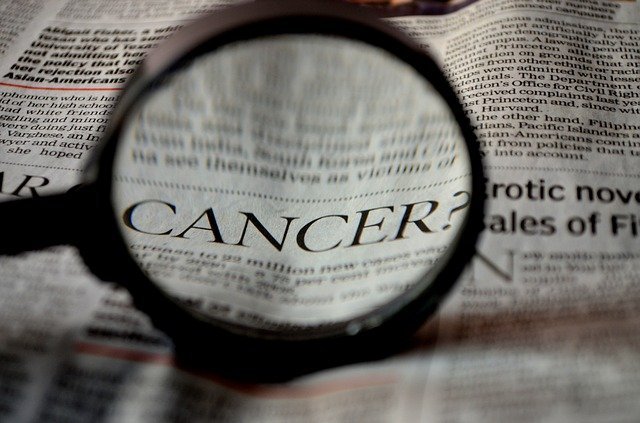So far back as 2014, a research article published in NCBI suggested that ovarian cancer was the sixth most common cause of tumor in women. With the apparent progress of cosmetic products in the personal care industry, the irony stays that the cases of ovarian cancer have only been on the rise.
In fact, the past decade has so much on the news regarding talcum powder cancer that one can only become a sceptic. You can always consult your lawyer to weigh the odds of winning the talcum powder cancer case. With that being just one fear, there are other contributors such as stress, lopsided diet, low immunity, family history of cancer, etc.
But that isn’t all that scar if you look at it. What is more scary is that we fail to educate ourselves. There’s hearsay we believe in. There is half information that we never care to check. There are myths that we confuse for facts. And that is exactly what we’re going to talk about today.
5 Myths about Ovarian Cancer that you should Know of
-
A Pap Smear can Detect Ovarian Cancer
It is very easy to confuse one female internal part for another. A pap smear text takes the smear from the cervix and tests the sample for cervical cancer. It is by no means a test for ovarian cancer.
There are supporting tests like CA-125 blood test which may or may not help diagnose ovarian cancer. Doctors also used transvaginal ultrasonography that may aid sometimes. But pap smear, definitely not.
-
Ovarian Cysts = Ovarian Cancer
Yes, an ovarian cyst does sound like a monstrous disease but isn’t so. Cysts are very common in women ageing from 20s till even after the menopause into as late in age as can be. The good news is that a majority of cysts are not malignant, that is, not cancerous. An incredible number of studies support this finding.
However, even if there is a little chance that your ovarian cysts are malignant, it is important to take professional medical advice to ensure that your cysts are benign.
-
Ovarian Cancer is Always Fatal
Well, let’s put it this way—ovarian cancer is a serious condition, which may or may not be fatal depending on various factors like age, health, genes, and immunity, and so on. There are a remarkable number of women who come out of it and live the span of their normal lives.
Ovarian cancer is treatable and not always fatal. The right treatment and various factors related to your physical health can help you steer through even such a grave condition as ovarian cancer.
-
It’s Okay to Use Talcum Directly on to the Genital Area
While there have been mixed studies about whether or not talcum powder can increase the risk of developing ovarian cancer, there are also instances where brands like Johnson & Johnson have lost millions of dollars in talcum powder lawsuits by cancer patients.
The fact is that an awful lot of talcum powders may contain traces of asbestos, which may cause two kinds of threats, one by way of breathing, and the other by way of being absorbed into the fallopian tubes and ovaries through the vagina.
Since vagina is a self-cleaning organ, there is nothing more than water you need to clean the outer opening, that is, the vulva. Using talcum powder or other cosmetic products directly on your private area isn’t a great practice anyway.
-
I have a Family History of Cancer. I will Also Have Cancer.
Only as many as 10-15% of the total cases of ovarian cancer have a family history of the same condition. So, this brand of cancer may not necessarily be genetic.
When someone close suffers from ovarian cancer, it is easy to get scared. But that is the moment when one is most vulnerable to fall prey to hearsay. Here is the best advice anyone can give you—when it comes to medical conditions, trust the professionals, take second opinions, and ask them whatever questions you may have.


























